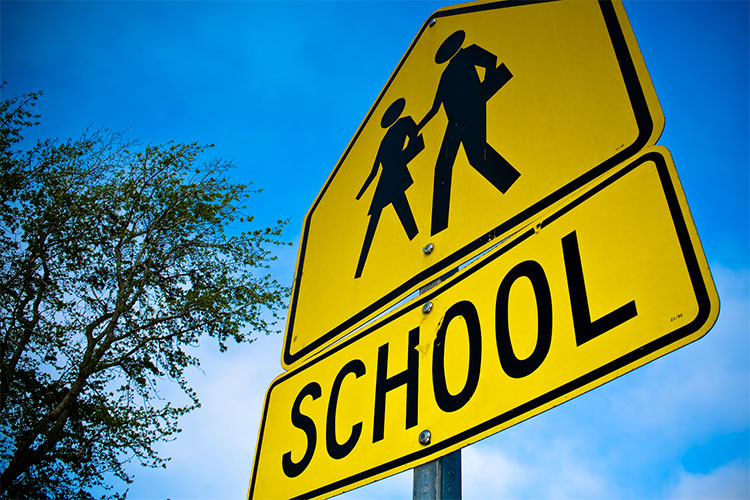Rep. McCoy files House bill in favor of first charter schools in Kentucky
The public school landscape may change with the enactment of HB9.
Unlike the majority of the United States of America, Kentucky is one of the seven states that do not have charter schools.
HB 9 was filed Tuesday, March 15, in the Kentucky General Assembly, which would fund charter schools, just five years after lawmakers made charter schools legal.
The bill will face the committee on their Tuesday, March 22, morning meeting; however, if it doesn’t HB 9 will be scraped completely.
The bill received two hearings, which has prepped the bill for a possible floor vote on the same day that it will receive a hearing.
HB 9 would allow an unlimited amount of charter schools, creating a mechanism to fund them.
According to Lex 18 News, charter schools would receive their funding via a mix of local and state tax money. However, this funding would revolve solely around student attendance.
“Public charter schools would benefit traditional public schools, but most importantly they would benefit Kentucky students,” said Kentucky State Representative Chad McCoy via email to The Hilltopper.
Whereas private schools could receive funding through charitable donations to help those pay for private school tuition, according to WLKY.
This bill would help disadvantaged students, specifically students whose socioeconomic status does not allow them to attend the school of their choice.
“When you look at the indicators of well-being, whether they be health, economic, or societal, you see the common denominator for success is education,” said McCoy.
Along with this, the bill would also help schools receive funding for these students.
However, according to WLKY, critics of charter schools argue that they are often used by for-profit companies to siphon tax dollars, hurting other students and public schools. Along with this, they believe that charter schools have a lack of regulation makes them less accountable to the public.
Kentucky Governor Andy Beshear and many public school teachers are worried about what charter schools and HB 9 would mean for the public school system, according to WDRB.
Beshear said, “I oppose charter schools. I’ll veto any charter school bill.”
Opponents are also worried that the creation of charter schools in Kentucky would make teaching shortages worse and more extreme.
“Charter schools siphon public funds from already underfunded school districts to organizations that have little to no oversight by those who fund them,” said Fort Thomas Independent Schools Superintendent Brian Robinson.
According to Wfpl, despite the critic’s arguments, advocates for charter schools believe that they provide an alternate education for public school students, allowing for “educational experimentation.”
“Public charter schools can also tailor other areas of learning to best suit their student body – even in ways as simple as opening earlier or closing later to accommodate working single parents,” said McCoy.
According to the National Center for Education Statistics, the percentage of charter schools has increased from 3 to 7 % between 2009 and 2018. Along with this, student enrollment has also increased from 1.6 million to 3.3 million students between 2009 and 2018.
“There is very little evidence in other states that they provide better educational results and many examples of significant fraud and failure,” said Robinson.
According to Education Week, there is no measurable difference between testing scores of charter schools and public schools testing scores.
“I want better for my state and I believe we can try something new that has worked in other states,” said McCoy.
Charter schools would impact FTIS schools indirectly at first, however, some students may shift to charter schools over FTIS.
“In the few situations in which students move to a charter school, the current bill would require that state, local, and federal funds would go with the student to the charter school,” said Robinson.
For the taxpayer, according to Robinson, there is little benefit.
“From a local taxpayer perspective it means that taxes paid by local citizens would go to schools not governed by the Board of Education and with no opportunity for taxpayers to have oversight,” said Robinson.
Your donation will support the student journalists of Highlands High School. Your contribution will allow us to cover our annual website hosting costs.



